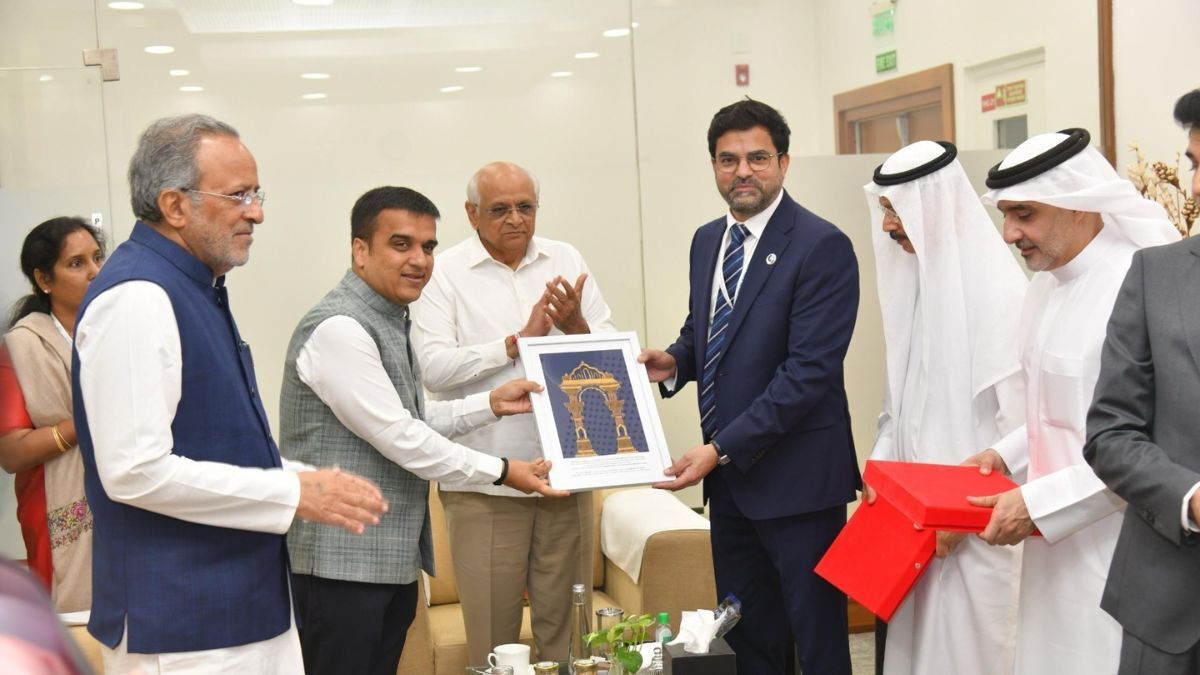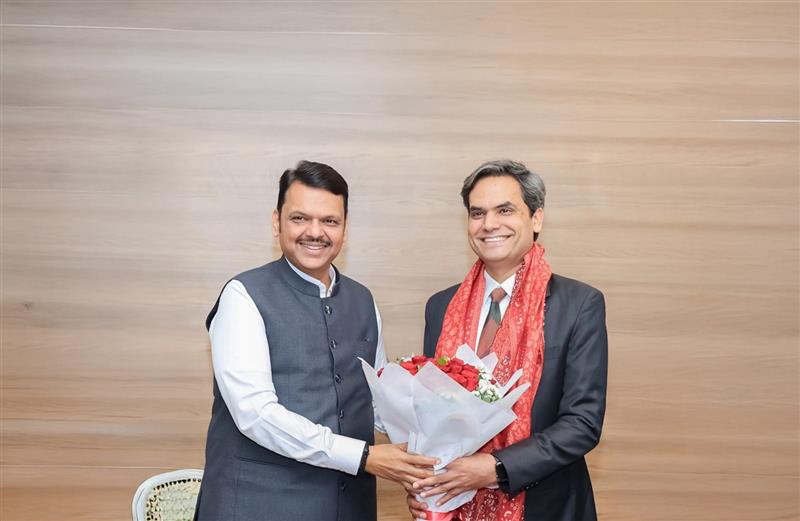In early 2025, major Indian IT companies including Infosys, Wipro, HCLTech, and Tech Mahindra have made a strategic move to formalize their Global Capability Centres (GCC) businesses by appointing dedicated heads. This shift marks a new chapter in how Indian IT firms are approaching GCCs—not as competitors, but as collaborators in a multi-billion-dollar growth opportunity
What Are GCCs and Why Are They Important?
Global Capability Centres (GCCs), also known as captives, are in-house technology and innovation hubs set up by global corporations in India and other offshore locations. Traditionally, GCCs focused on cost-effective delivery of IT services. However, they are now rapidly evolving into innovation-driven strategic units playing a critical role in digital transformation.
Indian IT firms, which have long supported GCCs through service partnerships, are now actively investing in GCC businesses to capitalize on their growing importance in global digital strategies
Indian IT firms, which have long supported GCCs through service partnerships, are now actively investing in GCC businesses to capitalize on their growing importance in global digital strategies
Indian IT’s New Approach: Formalizing GCC Leadership
Infosys and Wipro Lead the Reboot
- Infosys carved out a dedicated GCC vertical and appointed Deval Shah to lead the effort. Shah’s role focuses on landing multi-year transformation deals with clients, including joint ventures and build-operate-transfer (BOT) models. This move aligns with Infosys’s “Project Altius” roadmap to accelerate large-scale digital transformation partnerships
- Wipro named Sandeep Dhar as global head of its GCC business. With extensive experience scaling captives for Tesco and Goldman Sachs, Dhar is driving Wipro’s vision to position GCCs as AI-powered innovation hubs. His role emphasizes consulting-led transformation, signaling Wipro’s shift from delivery to advisory-led growth
HCLTech and Tech Mahindra Double Down on GCCs
- HCLTech appointed Kiran Cherukuri, a company veteran with over 14 years of experience, to lead its global GCC practice. Cherukuri’s mandate is to scale offerings tailored for captives and leverage HCLTech’s partnerships with over 200 GCCs, with a sharp focus on India
- Tech Mahindra took a bold step by hiring US-based executive Santosh Kumar Jha to oversee its GCC business, indicating a move towards global delivery leadership beyond traditional telecom sectors. Jha’s appointment follows the launch of Tech Mahindra Consulting and a revamped “Next-Gen GCC Offering” under the Strategic Solutioning and Transformation initiative.
Internal vs. External Talent: Different Approaches
Indian IT firms have taken varied approaches in appointing GCC heads:
- Cognizant and HCLTech have promoted internal talent with deep domain knowledge and existing client relationships
- Tech Mahindra and Wipro have opted for external hires with fresh perspectives and diverse global experience to lead the GCC verticals
Addressing the Talent and Competition Dynamics
There have been concerns that GCCs might pose a threat to Indian IT companies by competing for talent, especially middle management. For instance, Infosys’s CFO Jayesh Sanghrajka acknowledged increased attrition partly due to competition from GCCs during the Q4 FY25 earnings call.
However, Indian IT firms view GCCs as strategic partners rather than rivals. The new GCC heads are expected to manage talent more effectively across both the firms and client GCCs, fostering collaboration rather than competition
However, Indian IT firms view GCCs as strategic partners rather than rivals. The new GCC heads are expected to manage talent more effectively across both the firms and client GCCs, fostering collaboration rather than competition
The Strategic Vision: Collaboration Over Competition
The appointment of dedicated GCC business heads reflects a broader strategic vision:
- Building Centres of Excellence (CoEs): Driving innovation and specialized capabilities within GCCs
- Co-owning Product Roadmaps: Collaborating closely with clients to develop cutting-edge solutions
- Forging Academic and Ecosystem Partnerships: Addressing talent shortages and building sustainable talent pipelines
With India projected to host over 2,400 GCCs by 2030, Indian IT companies see an opportunity to influence the evolution of GCCs as integral parts of global digital transformation strategies
What About TCS?
Interestingly, TCS, the largest Indian IT firm by employee count, has not yet announced a formal GCC head. However, insiders report that its client consulting teams are already engaged in informal groundwork for GCC initiatives, indicating a more organic approach to this growing business area
Conclusion
The Indian IT industry’s rush to appoint dedicated GCC business heads underscores the sector’s evolving strategy to embrace GCCs as collaborative partners and growth drivers rather than competitors. By formalizing leadership and investing in innovation-led partnerships, Indian IT majors are positioning themselves at the forefront of the next wave of global digital transformation, leveraging GCCs to unlock new revenue streams and address talent challenges.
Visit Our News section and follow us on LinkedIn and Twitter







